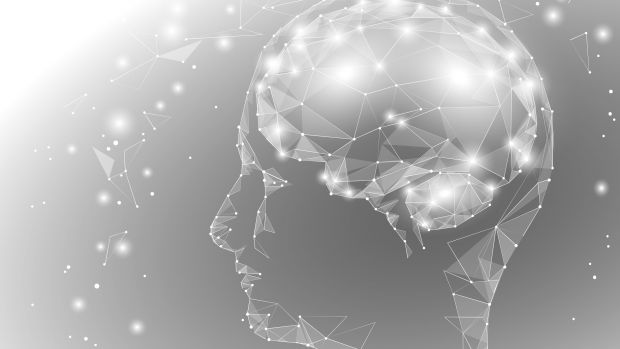For all the technological advancements in computing over the years, whether it be the internet, the cloud, or even artificial intelligence, it’s never quite produced anything to match the sophistication of the human brain.
copyright by www.itpro.co.uk
 Our own internal supercomputer is capable of processing data in ways that have yet to be replicated fully. We may not be able to retain vast amounts of data or perform complex calculations on demand, but we are able to reason, predict, rationalise, and make our own decisions – skills that are unique to humans. Yet that may not be true for much longer, as researchers are developing new systems that amalgamate the incredibly intricate processes of the human brain with the vast data stores of a computer.
Our own internal supercomputer is capable of processing data in ways that have yet to be replicated fully. We may not be able to retain vast amounts of data or perform complex calculations on demand, but we are able to reason, predict, rationalise, and make our own decisions – skills that are unique to humans. Yet that may not be true for much longer, as researchers are developing new systems that amalgamate the incredibly intricate processes of the human brain with the vast data stores of a computer.
What is cognitive computing?
This is precisely what the field of cognitive computing is trying to achieve. Computing based on cognition, or the processes of the human brain, involves creating systems that are able to self-learn, recognise patterns and objects, understand language, and ultimately operate without the input of a human.
It’s often thought of as the third age of computing, having first evolved from simple calculators in the early 1900s to the programmable machine we see mass produced today. It also forms the backbone of most of the experimental forms of computing we see making the news, whether it be AI, machine learning, robotics, neural networks or virtual reality.
Unlike a traditional system that simply performs the tasks a human has already programmed it to do, a cognitive computer is built using machine learning algorithms. The system acquires knowledge by sifting through vast quantities of data, slowly learning to spot patterns and recognise inconsistencies, which it then uses to create predictions. The more data a system is exposed to, the more accurate it becomes when it encounters something new.
Most importantly, cognitive computers are able to adapt to changing requirements or information, and use context to inform learning. In theory, there would never be a need to interfere with a cognitive system, as it would be able to change its parameters based on the needs of the user. […]
read more – copyright by www.itpro.co.uk


For all the technological advancements in computing over the years, whether it be the internet, the cloud, or even artificial intelligence, it’s never quite produced anything to match the sophistication of the human brain.
copyright by www.itpro.co.uk
What is cognitive computing?
This is precisely what the field of cognitive computing is trying to achieve. Computing based on cognition, or the processes of the human brain, involves creating systems that are able to self-learn, recognise patterns and objects, understand language, and ultimately operate without the input of a human.
It’s often thought of as the third age of computing, having first evolved from simple calculators in the early 1900s to the programmable machine we see mass produced today. It also forms the backbone of most of the experimental forms of computing we see making the news, whether it be AI, machine learning, robotics, neural networks or virtual reality.
Unlike a traditional system that simply performs the tasks a human has already programmed it to do, a cognitive computer is built using machine learning algorithms. The system acquires knowledge by sifting through vast quantities of data, slowly learning to spot patterns and recognise inconsistencies, which it then uses to create predictions. The more data a system is exposed to, the more accurate it becomes when it encounters something new.
Most importantly, cognitive computers are able to adapt to changing requirements or information, and use context to inform learning. In theory, there would never be a need to interfere with a cognitive system, as it would be able to change its parameters based on the needs of the user. […]
read more – copyright by www.itpro.co.uk
Share this: